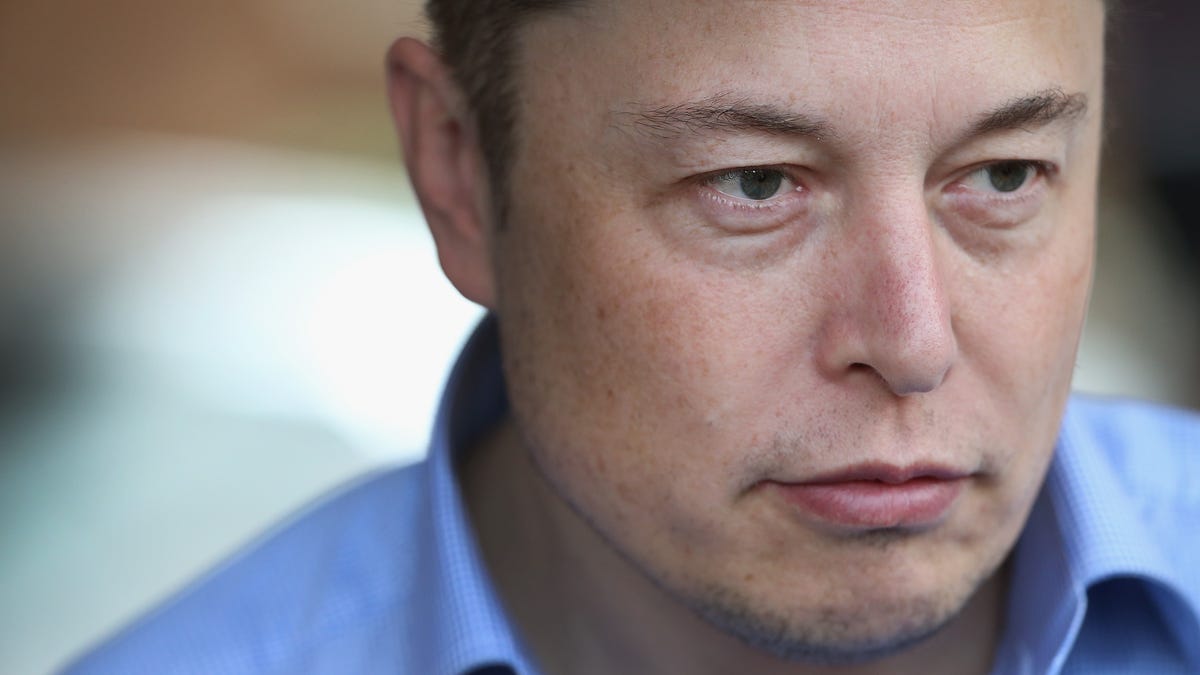Elon Musk is working on 'consensual telepathy'
The billionaire tesla CEO's new startup, Neuralink Corp, wants to merge our brains with machines.

Elon Musk is looking to transmit signals between computers and the human brain.
Facebook isn't the only one working on linking the human brain with computers.
Elon Musk, the billionaire CEO of Tesla and SpaceX, on Thursday laid out a plan for his new company, Neuralink Corp. The startup is working on a way to meld the mind with a computer interface by implanting neurons in the brain, according to an interview with the website Wait But Why.
The aim for now is to create a product that could help patients with severe brain injuries like stroke or paralysis. Musk hopes to release a product like that in four years. It would take about eight to 10 years to reach people without disabilities, and Musk warned that much of this depends on regulatory approval.
The idea is to create a way for people to engage in "consensual telepathy," he told Wait But Why.
"There are a bunch of concepts in your head that then your brain has to try to compress into this incredibly low data rate called speech or typing," Musk said.
A Neuralink spokesman declined to comment further.
Earlier this week, Facebook announced a similar effort trying to merge the brain with computers. The social network's secretive hardware group, Building 8, said it's working on a brain-to-computer interface to try to make it possible for people to type 100 words per minute directly from their brains.
But Facebook said it's working strictly on "non-invasive" methods, which means the company would not implant electrodes in the brain.

